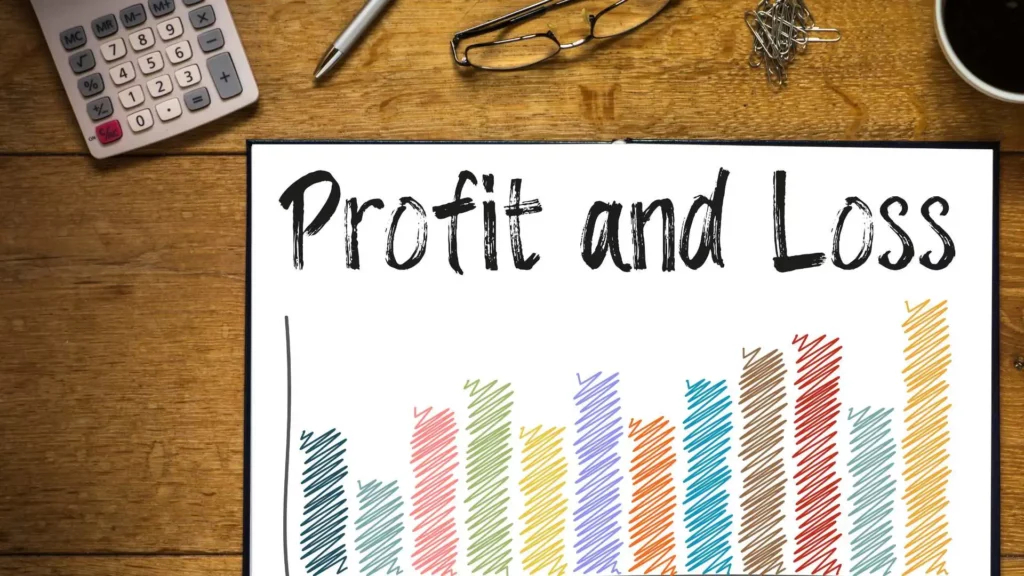If you want to be financially independent in 2024, it is important to build a financially healthy life. The New Year is a good time to start and get back on track with your money.
Make sure you take stock of your current financial standing and set the financial goals you want to achieve for the year. Here are a few tips that can help you grow this 2024 money-wise and lead a financially healthy life.
Set money goals: short and long term
Setting your goals for the year and even beyond should be your top priority. If you’re setting a long-term goal, say, for example, you want to buy a house in the next 5 years, you should start by breaking it up into smaller goals. How much do you want to save up every year so that you get the entire sum of money needed to buy the property 5 years from now? Breaking down a long-term goal into short-term ones will help you achieve it faster and more consistently.
Short-term goals could include wanting to be free of debt in the next year, clearing your credit card debt, etc. Make sure you write down the financial goals you want to achieve so that you don’t forget them.
Create budgets and track spending
You should always be aware of where and how you are spending your money This is why it is important to learn to create budgets. Budgeting is a financial skill that every successful person has learned. It is easy to create a budget but tough to stick to it. Budgeting gives you the boundaries within which you can spend your money. It helps to curb unwanted expenses and helps you save money. In addition to this, you will know exactly how you are spending your money.
There are various mobile apps and online websites that help create budgets. Or you could use a spreadsheet and create your budgets if you like doing things the manual way. A good budgeting method is the 50-30-20 rule. Here, you set aside 50% of your income for your needs, 30% for your wants, and 20% for savings and debt payments.
Start a comprehensive savings plan
Savings should be an integral part of your financial goals. Creating a comprehensive savings plan will help you save money consistently over time. There is no particular figure as to how much you should save every month. It differs from one person to another, but according to experts, you should save at least 10% to 15% of your after-tax income each month.
This savings plan should be different from your retirement savings and emergency fund. Set up some money aside only for emergencies. You should not use it for anything else. Ideally, this fund should have between 6 to 10 months’ worth of expenses set aside in it. It will come in handy in case you suddenly lose your main source of income or some other emergency comes up.
Pay off your debt
Working towards clearing your debts should be one of your main financial goals for the year. Specifically, look at repaying your high-interest loans as soon as possible. Since the interest rates are high, you will end up paying a lot of money in interest alone if you keep these loans running for a long time.
Once you pay off one big loan, use that momentum to pay off the next one. Or look at repaying a small loan first. Then use that motivation to pay off the next loan, and so on and so forth till all your debt is repaid. Keeping yourself free of debt is great for your financial health.
Restructure your investments
The COVID-19 pandemic has likely affected your investments. Take a look at your portfolio and see if you are getting returns as before or if they have been reduced. If so, you will have to restructure your investments so that your portfolio is getting you optimum returns while minimizing risk. The best time to rebalance your portfolio is at the start of the year. This will set the tone for your investment returns expectations for the whole year.
Automate your payments
Missing a single debt payment, utility bill, or credit card payment can affect your credit score. If you have multiple payments to make every month, you may find it difficult to keep track of all of them. You can automate your payments to make sure you never miss a single payment. Talk to your bank about setting up automatic payments as soon as your bills are generated.
Check your credit reports
Checking your credit reports is important since credit bureaus may make mistakes while calculating your score. You can get your report for free from various financial websites. Go through your reports and make sure that all the information contained in them is correct. If you find errors, communicate the same to the credit bureaus and get them corrected. The last thing you want to happen is your credit score falling through no fault of yours.
Review your insurance policies
At the start of every year, you should review all the insurance policies you have. This includes auto insurance, homeowner’s and home renter’s insurance, life insurance, and disability insurance.
Are all their limits set at the right levels? Or are you making use of all the benefits offered to you through your insurance plans? Are you paying too much for your policies? Are there other options offering the same or better benefits at lower costs? Once this is all done, you’re set to live a financially healthy life this 2022.





















